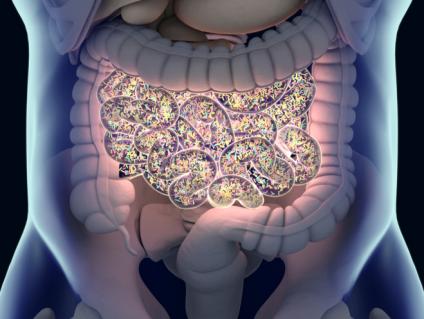Healthy Gut & The Microbiome

Our microbiome is vital to defending us from disease, and provide us with the nutrition we need to survive.
The gut microbiome is very complex. It contains about 100 TRILLION microorganisms that include bacteria, fungi, protozoa, and even viruses. By comparison the average human body contains about 37 trillion cells! Some microorganisms are considered “beneficial” and others are considered “commensal” (neither beneficial nor pathogenic). Pathogenic organisms often cause symptoms that include pain, cramping, and diarrhea that may or may not require treatment.
As we learn more about the gut microbiome, we discover how microbiome imbalances start to affect overall health. Disease associations to an imbalanced microbiome include inflammatory bowel disease (IBD), arthritis, atherosclerosis, diabetes and obesity, and inflammatory skin conditions. The health of the gut microbiome is now being implicated in neurologic conditions such as Alzheimer’s and Parkinson’s diseases.
Gut bacteria can help to produce certain vitamins, amino acids, and short chain fatty acids. Short chain fatty acids (SCFA) such as butyrate is energy for the gut mucosa which helps to strengthen the intestinal barries. Those with IBD often have low microbiome diversity and overall low probiotic levels that leads to decreased SCFA production which can lead to increased inflammation.
There are many factors that influence the gut microbiome including certain medications and history of antibiotic use, but one of the main factors is diet. A change in diet can actually start to affect the microbiome within 24 hours! How does this happen? Specific types of macronutrients—fats, carbohydrates, and proteins—affect the microbiome differently. For example, saturated fats have a negative effect on the microbiome and mono and polyunsaturated fats have a positive effect. Animal proteins have a negative effect while plant proteins have a positive effect. Plant based carbohydrates and fiber are considered “prebiotic” and provide fuel for the microbiome.
The technology now exists to test the totality of the gut microbiome. At the Stram Center we offer testing through outside labs that can analyze the full gut microbiome, digestive function, SCFA levels, and inflammatory markers. With this information we can develop a plan that can improve microbiome balance and function which will help to improve overall health.





















